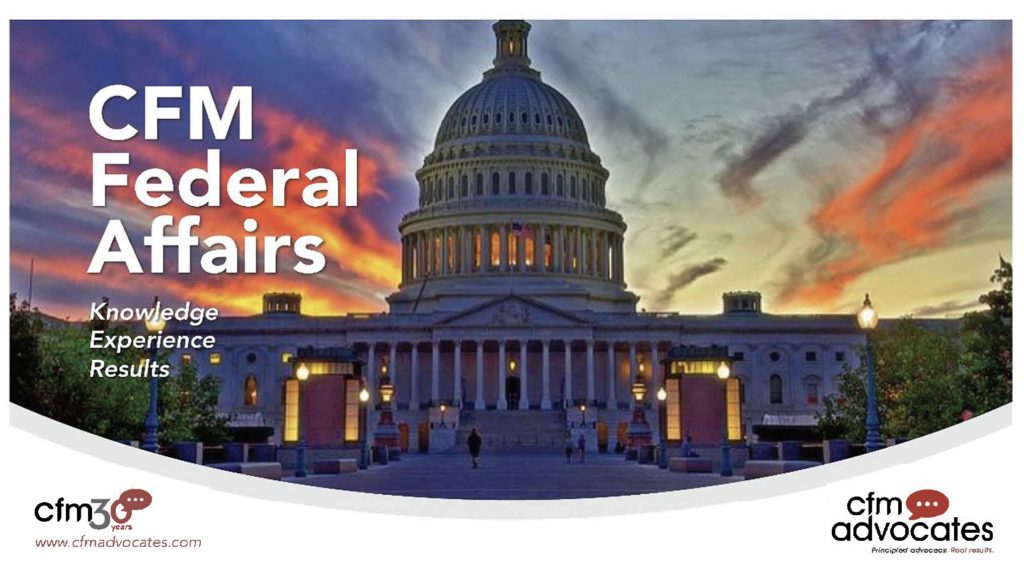
Ukrainian resistance to the Russian invasion has earned global admiration and galvanized unprecedented unity among pro-Western allies. It also may have inspired a burst of senatorial bipartisanship, says Robert Reich, a former US Secretary of Labor and now a political commentator.
In a column published by The Guardian last week, Reich wrote, “Ever since the runup to [Vladimir] Putin’s invasion of Ukraine, I’ve noticed something in Washington that I haven’t seen in three decades – a quiet understanding that we’re on the brink of a new cold war, potentially even a hot one. Which requires that we join together in order to survive.”

“I saw it when Volodymyr Zelenskyy addressed Congress from Ukraine. When he showed lawmakers a gut-wrenching video of the war’s consequences, many eyes filled with tears,” Reich observed. He noted Maine Senator Angus King’s remark of Members of Congress sharing a “collective holding of breath” as Zelenskyy spoke. “That Republicans and Democrats shared anything – that they were even capable of a collective emotion – is itself remarkable,” according to Reich.
The most visible evidence of bipartisanship is humanitarian and military aid to Ukraine. “Beyond Ukraine, you can also discern the shift in a series of recent across-the-aisle agreements,” Reich says. Some of the agreements Reich identified are:
- “After literally 200 failed attempts,” the Senate just passed an anti-lynching law.
- The Senate put sexual misconduct claims firmer legal footing with a new law ending forced arbitration in sexual assault and harassment cases.
- The Senate approved sweeping postal reform.
- The Senate unanimously decided to keep daylight savings time year-round.
- The Senate gave the green light to long-awaited reauthorization of the Violence Against Women Act as part of the omnibus spending bill.
Reich says his Hill sources indicate Senate staffers are close to bipartisan deals to strengthen antitrust laws pass legislation to invest in domestic semiconductor manufacturing and research and limit the cost of insulin.
Build Back Better, voting rights and giving Medicare the ability to negotiate prescription drug prices remain off the table.
Reich believes the bipartisan bug has infected the Senate for the same reason the Cold War induced bipartisanship. “I came to Washington in 1974, in the Ford administration, and then worked in the Carter administration,” he recalled. “The Cold War was raging during those years, serving as a kind of silent backdrop for everything else. Democrats and Republicans had different views on a host of issues, but we worked together because it was assumed that we had to. We faced a common threat.”
That common threat produced US advances such as the Interstate Highway System to allow quick evacuations in case of a nuclear blast, major investments in higher education and the National Defense Act that trained a generation pf math and science teachers.
Looking back, I can’t help but wonder if the Cold War held America together – gave us common purpose, reminded us of our interdependence. With its end, perhaps we had nowhere to turn except on each other.
“Looking back, I can’t help but wonder if the Cold War held America together – gave us common purpose, reminded us of our interdependence. With its end, perhaps we had nowhere to turn except on each other,” he added.
Guessing continues on Putin’s motives for invading Ukraine. They range from fears of NATO infringement to a mystical fascination with restoring a Eurasian empire. Whatever his motives, his actions have solidified a fractured Europe and an embattled NATO alliance.
“Maybe he’s bringing America back together too,” Reich wonders. “It’s the thinnest of silver linings to the human disaster he’s creating, but perhaps he’ll have the same effect on the United States as the old Soviet Union did on America’s sense of who we are.”




